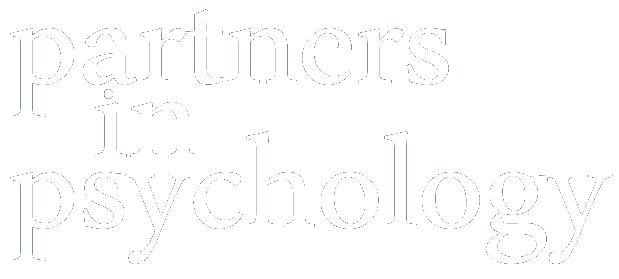Read More:
Insight-Oriented Therapy
Insight-oriented individual therapy proceeds under the assumption that there are aspects of our emotional lives of which we are not fully conscious that act as internal barriers, limiting our ability to function in a healthy way. Hidden assumptions about ourselves and our relations to others, expectations about how the world works, and memories of the past generate and perpetuate constraining, and often destructive, patterns of thinking, emotion, and behavior. From the insight-oriented theoretical perspective, our prior experience has instilled certain feelings (many of which are outside of our awareness) that have become so entrenched that they prevent us from having new, change-inducing experiences. How? By either preventing us from recognizing when we have in fact had a new experience or by preventing us from being influenced by a new experience. The main goal of insight-oriented therapy is to bring to light and then change these entrenched feelings because they are seen as the main causal agents in our psychological lives. Look here for a more detailed introduction to psychodynamic/psychoanalytic theory.
Insight-oriented counseling, therefore, is an emotion-focused, experiential form of treatment that explores the ways in which past painful experiences and the emotional expectations developed during our younger years actively contribute to current difficulties in our functioning. Traumatic experiences and the absence of validating responsiveness from those we cared about and depended on when younger are the two most important kinds of events that shape and define the nature of such unconscious emotional expectations. These unconscious 'blind-spots' cause us to make negative, distorted inferences about ourselves and the environment around us. Importantly, individual therapy examines the complexities of all of our interpersonal relationships, including the relationship that develops over time with the therapist.
A therapist conducting insight-oriented individual therapy strives to create an atmosphere of safety, consistency, and containment, while simultaneously promoting risk-taking and emotional honesty. This balance is tricky to maintain and the experience level and training of the therapist usually determines the success of this crucial balance of objectives. Depending on the client and their needs, an insight-oriented therapist may take on several roles in psychotherapy, including that of emotional supporter, interpreter and clarifier of feelings, educator, facilitator of risk-taking, and confidant. All of these roles serve to aid in the achievement of a more effective and assimilated self.
When successful, insight-oriented individual therapy creates a synthesis of intellectual knowledge and emotional understanding. Because self-scrutiny can often be challenging and painful, insight-oriented therapy usually takes more than a few sessions. Forty-five minutes in length, each session provides the opportunity to become more knowledgeable about and comfortable with yourself and your ways of being, while feeling supported and emboldened to feel and behave differently in everyday life. This non-judgmental process becomes integrated into your internal experience and will last long after the journey of therapy has concluded.

